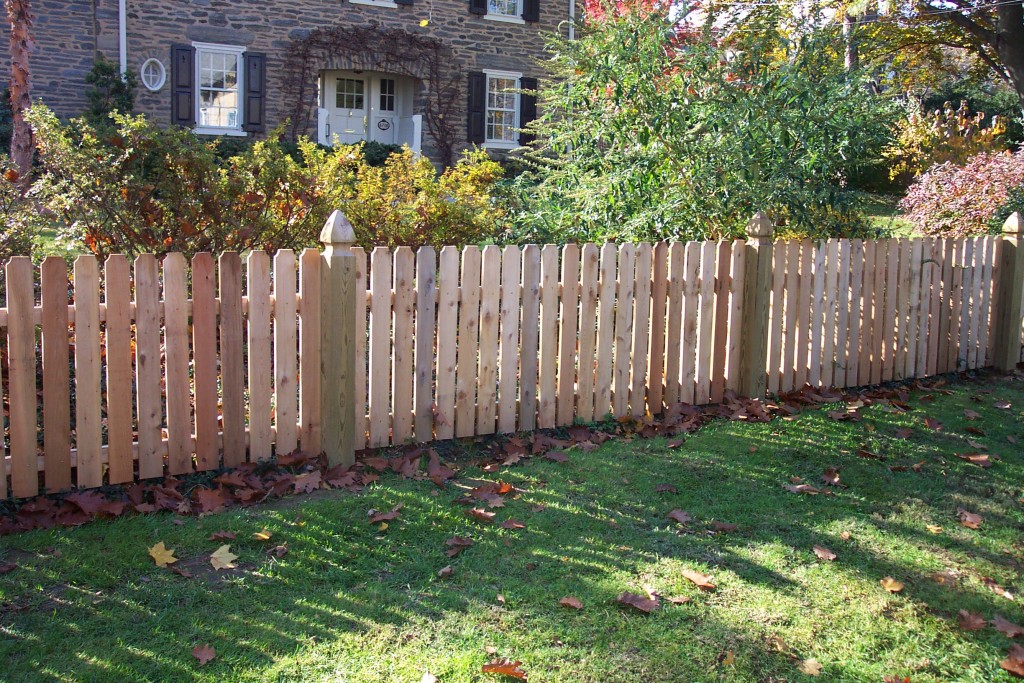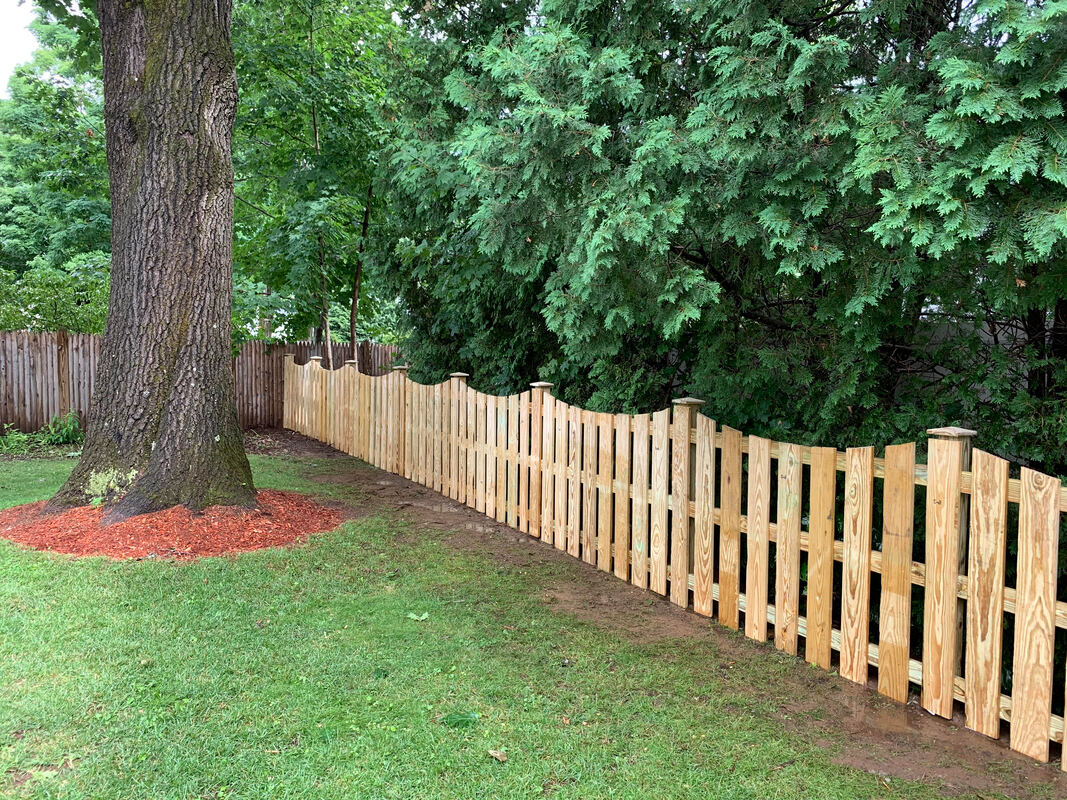Philadelphia, with its vibrant neighborhoods and rich past, has different rules for residential and business buildings. Fencing is one crucial element property owners should give thought to. Whether building a fence for security, privacy, or aesthetic appeal, knowledge of the local philadelphia fence builder rules and permit requirements helps one to avoid any penalties or legal issues.
Regulations for Fencing in Philadelphia
Philadelphia’s zoning rules, which control building and use of land, have particular rules on fences. The Department of Licenses and Inspections (L&I) lists these rules. Generally speaking, the zoning district of the land will determine the type, height, and location of the fence you can build.
Height Restrictions:
- Front yard fences for homes usually have a maximum height of 4 feet; side and rear yard fences can be up to 6 feet high. Exceptions could apply for homes inside specific zoning overlays or on corner lots.
- Although commercial and industrial properties may have varying height restrictions, these also demand rigorous adherence to zoning laws.

Materials Policies:
- The city requires that fences be built out of suitable and safe materials. Usually forbidden for household use are barbed wire, electric fencing, or other possibly dangerous products.
- Particularly if the fence is located close to intersections, the design should not produce sight obstacles for safety and aesthetics.
When is a permission needed?
- In Philadelphia, installing or rebuilding a fence usually calls for L&I’s permission, particularly if the fence crosses public space or is taller than allowed. Permits guarantee that the suggested construction follows building guidelines and local zoning rules.
- Unless they are next to a public right-of-way or inside a designated historic district, fences under six feet in height usually do not call for a permission.
- Property owners running fences more than six feet have to get a building permit. This calls for turning in to the L&I an application, site layout, and construction information.
- Historic district properties might require permission from the Philadelphia Historical Commission to preserve the integrity of the region.
Penalties and fines
Ignoring municipal fencing rules could cause fines or forced removal of the construction. By checking fences to make sure they follow zoning regulations, L&I inspectors answer neighborhood complaints, and violated property owners could get a ticket; chronic non-compliance could lead to legal actions.
Although negotiating philadelphia fence builder regulations and permits can appear difficult, knowledge helps to simplify the procedure. Both homeowners and business owners should give top priority to knowing these rules to make sure their property enhancements follow municipal guidelines. To be sure your fencing project complies with the most recent rules, always get advice from local authorities or seasoned contractors, therefore preventing expensive fines or delays.

